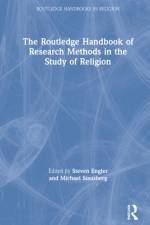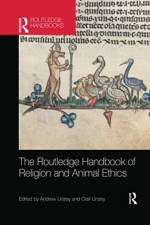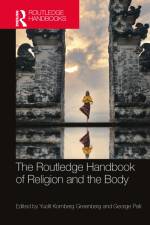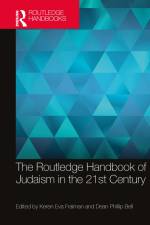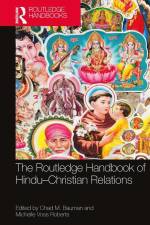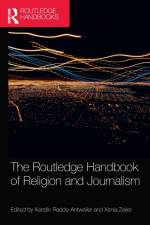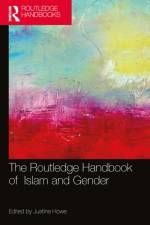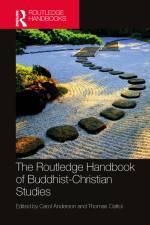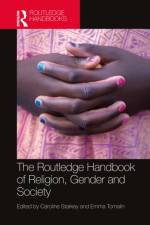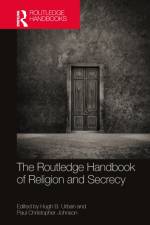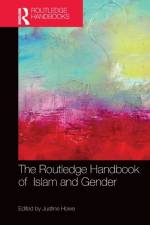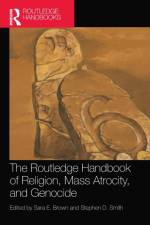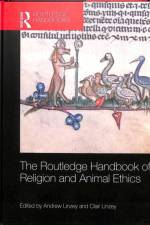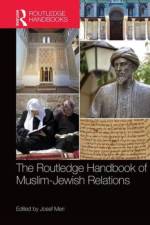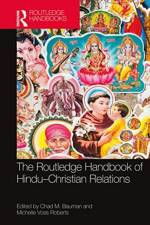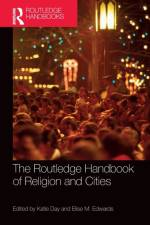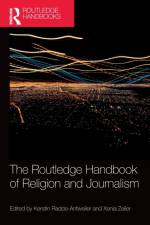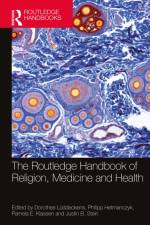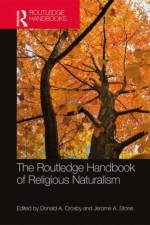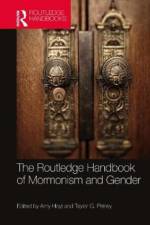av Justine Howe
735
Given the intense political scrutiny of Islam and Muslims, which often centres on gendered concerns, The Routledge Handbook of Islam and Gender is an outstanding reference source to key topics, problems, and debates in this exciting subject. Comprising over 30 chapters by a team of international contributors the Handbook is divided into seven parts:Foundational texts in historical and contemporary contextsSex, sexuality, and gender differenceGendered piety and authorityPolitical and religious displacementsNegotiating law, ethics, and normativityVulnerability, care, and violence in Muslim familiesRepresentation, commodification, and popular cultureThese sections examine key debates and problems, including: feminist and queer approaches to the Qur'an, hadith, Islamic law, and ethics, Sufism, devotional practice, pilgrimage, charity, female religious authority, global politics of feminism, material and consumer culture, masculinity, fertility and the family, sexuality, sexual rights, domestic violence, marriage practices, and gendered representations of Muslims in film and media.The Routledge Handbook of Islam and Gender is essential reading for students and researchers in religious studies, Islamic studies, and gender studies. The Handbook will also be very useful for those in related fields, such as cultural studies, area studies, sociology, anthropology, and history.

